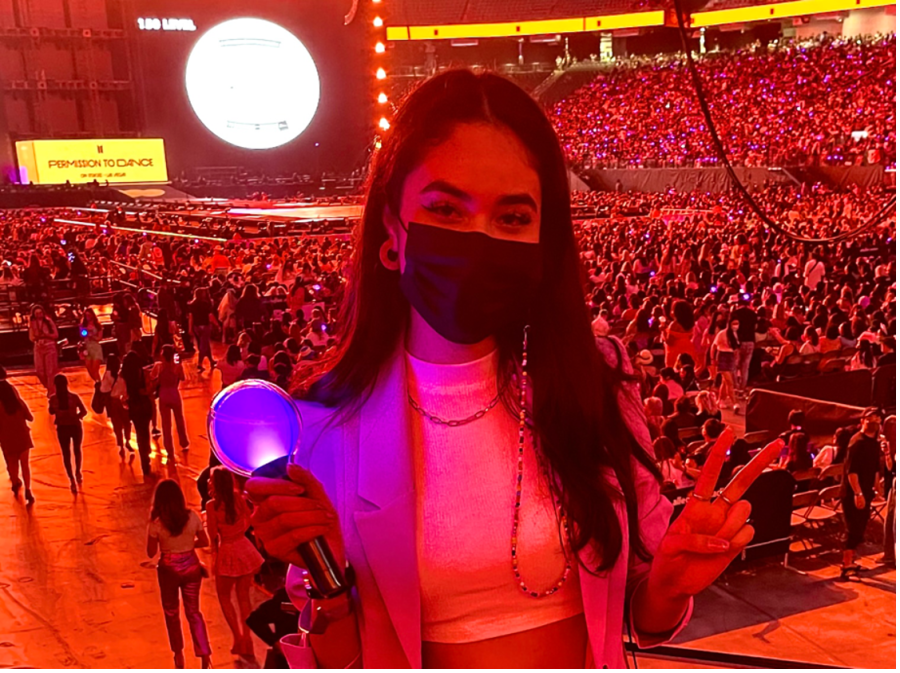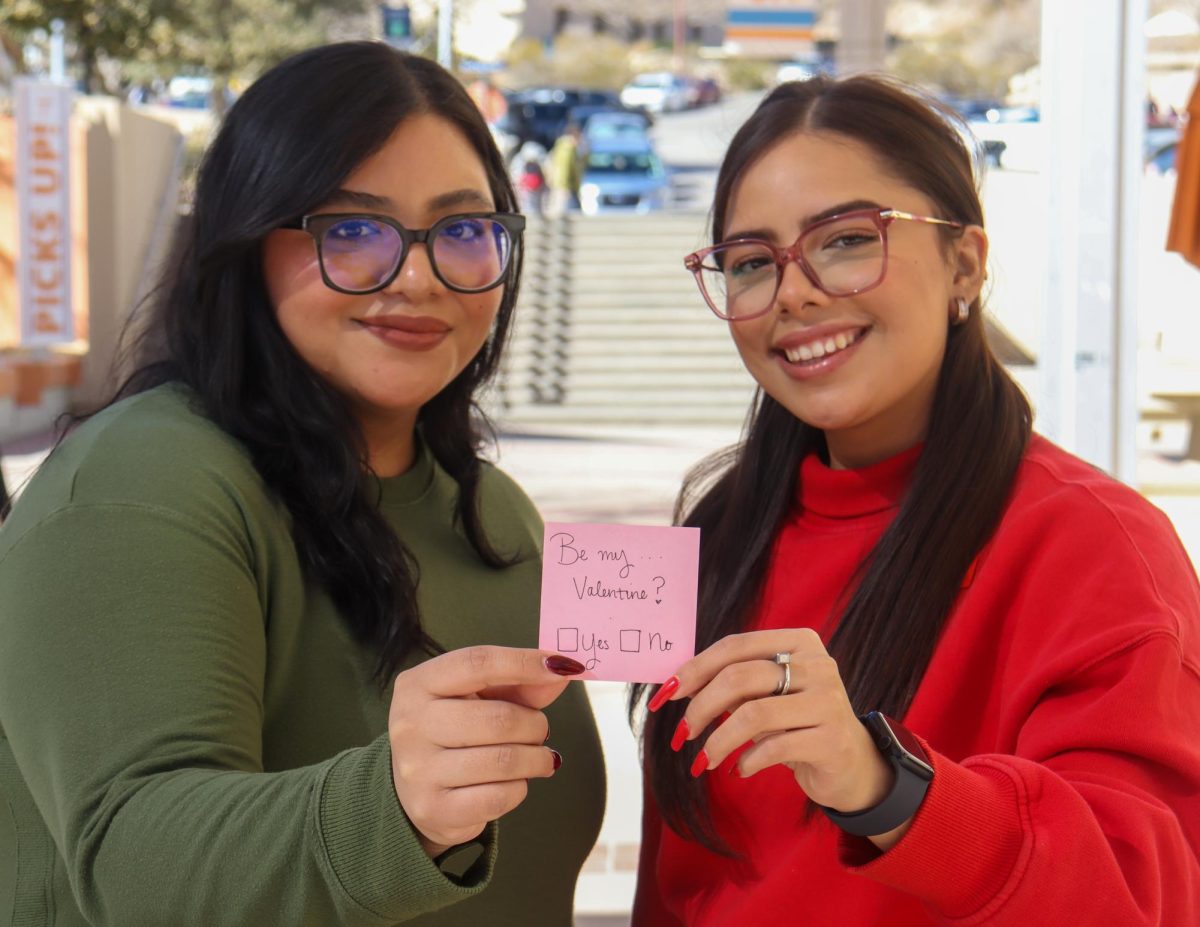Three years ago, as I was scrolling through my social media, I ran into a music video that caught my attention: seven grown men dressed in vibrant pink colors, wearing makeup, while singing about being in love. It seemed ridiculous to me at that time. But soon, my high school friends were obsessed with the concept of this Korean band. In turn, years later I was able to give them a chance. Little did I know that becoming a K-pop fan would change my life in different ways. Breaking prejudices against this music genre helped me get through post-pandemic depression, therefore, you should give K-Pop a chance too.
I grew up in a culture where every cool teenager would listen and sing along to pop songs in English, including myself. Even though I did not know how to speak English at the time, I would still sing them with excitement. Language was never an excuse for me to enjoy a song from top selling artists like Taylor Swift, Ed Sheeran, Justin Bieber, etc. In fact, listening to their music helped me learn English.
So why was I so skeptical about listening to Korean music even though the rhythm was great?
It was in 2021, after the lockdown was lifted, that my life took a weird turn. Before COVID-19, I used to listen to all sorts of music, hang out with friends and had a healthy relationship with my family. I know a lot of people can agree with me when I say that the pandemic changed everything. Everything I did, heard and saw started to come apart, and I felt like I was doing everything just to fulfill my purpose of being a functional citizen. I went into a deep state of melancholy and all the music I heard did not make sense to me.
It wasn’t until I watched James Corden Carpool Karaoke with BTS that I realized the Korean group I was judging had more to offer than just flashy moves.
With more than 100 million views, BTS caught my attention with their positive and fun personalities. Despite them not being fluent in English, their vibes were immaculate, eventually putting a smile on my face. What seemed like a random video on YouTube, it became the start of my journey in K-pop, and if you read the comments, I was not the only one who fell in love with them.
Everyone knows them for their Grammy-nominated songs, “Dynamite” and “Butter,” however, these songs were not the reason I started to like them. It was their “Love Yourself” trilogy albums that made me realize their music is more meaningful and thoughtful than it seems.
Named one of the 100 most influential people of the year by Time magazine in 2019, BTS accepts the title by mentioning mental health, self-love and coming-of-age topics in their songs. Their lyrics reflect their own struggles in life in order to spread a message of acceptance regardless of race, religion, and sexuality. This is why the Army; the name of their fan base, feels deeply connected to them.
Self-love and appreciation of life are not the only things I obtained from liking BTS. They inspired me to be fearless and experience new things that I would never think of when I was at my worst. Earlier this year, I was able to go to their four-day concert in Las Vegas in April, where I met wonderful girls from different parts of the U.S. and Mexico, who are now very close friends of mine. Then in July, my friends and I traveled to Chicago to support J-hope, one of the seven members, at his first solo concert. Being part of this community helped me get out of my melancholic and cynical way of thinking, motivating me to enjoy life through music, travel, and friends.
Whether you like K-pop music or not, no one can deny the strong presence the Korean wave is having on western pop-culture. Slowly, people are starting to be more open-minded, breaking stereotypes and are more willing to watch Korean movies, TV shows and listen to music.
So next time you hear prejudices or hate speech against K-pop music or fans, ask yourself why we like something in the first place. There is always a meaning or backstory to something. Everyone enjoys the things that they can relate to. Music is so powerful that it gets through us, it is an expression of art that can be very meaningful to a lot of people.
Music has the power to connect people from different parts of the world without speaking the same language. Whether you are a student, professor or staff, I invite you to break the language and cultural barriers and be open to enjoy new things.
Melissa Reza can be reached at [email protected].





